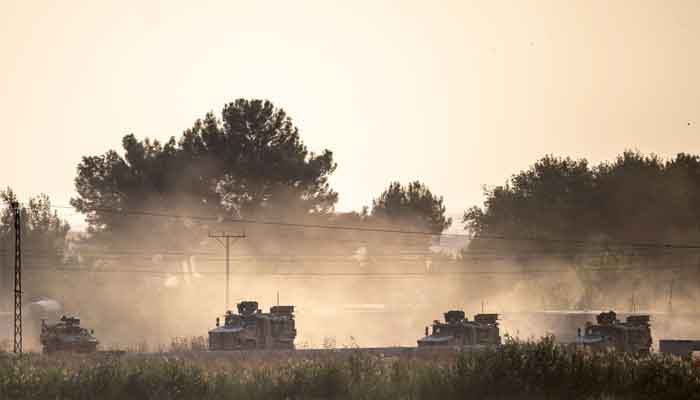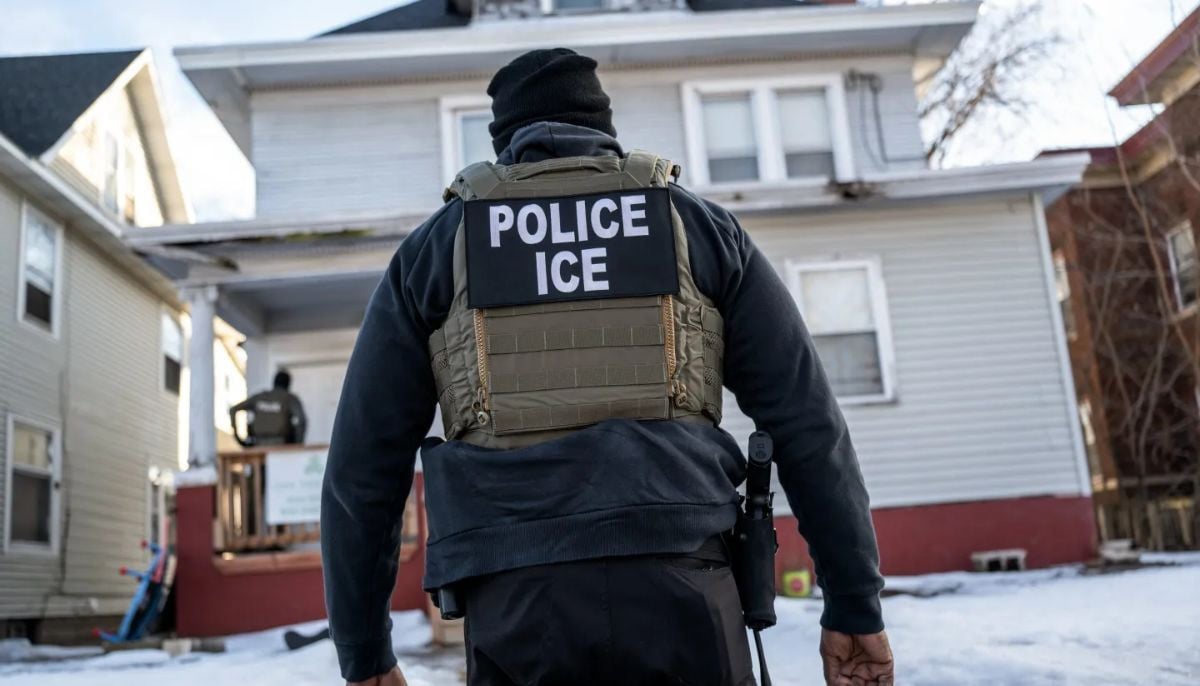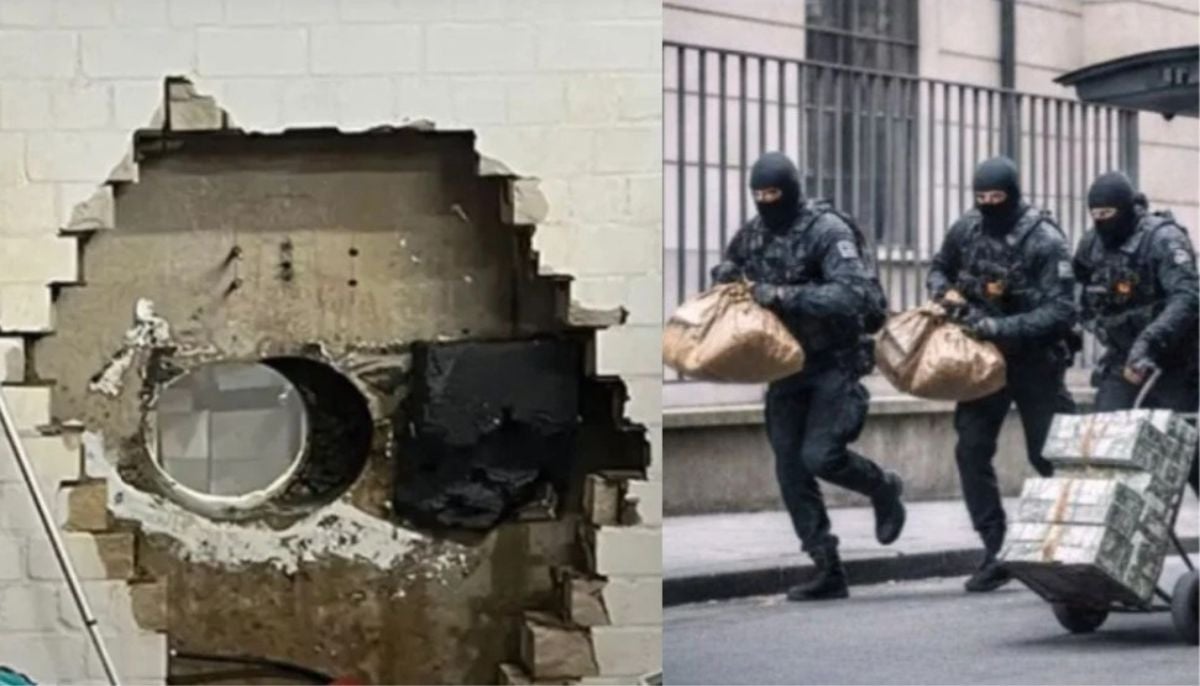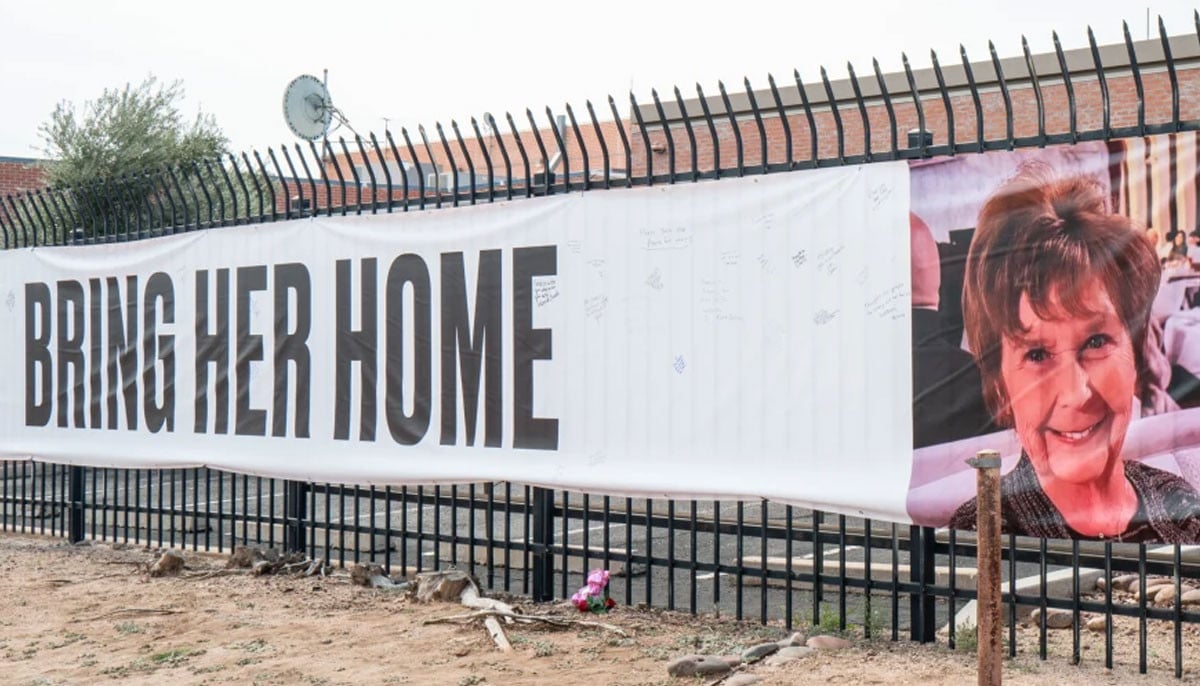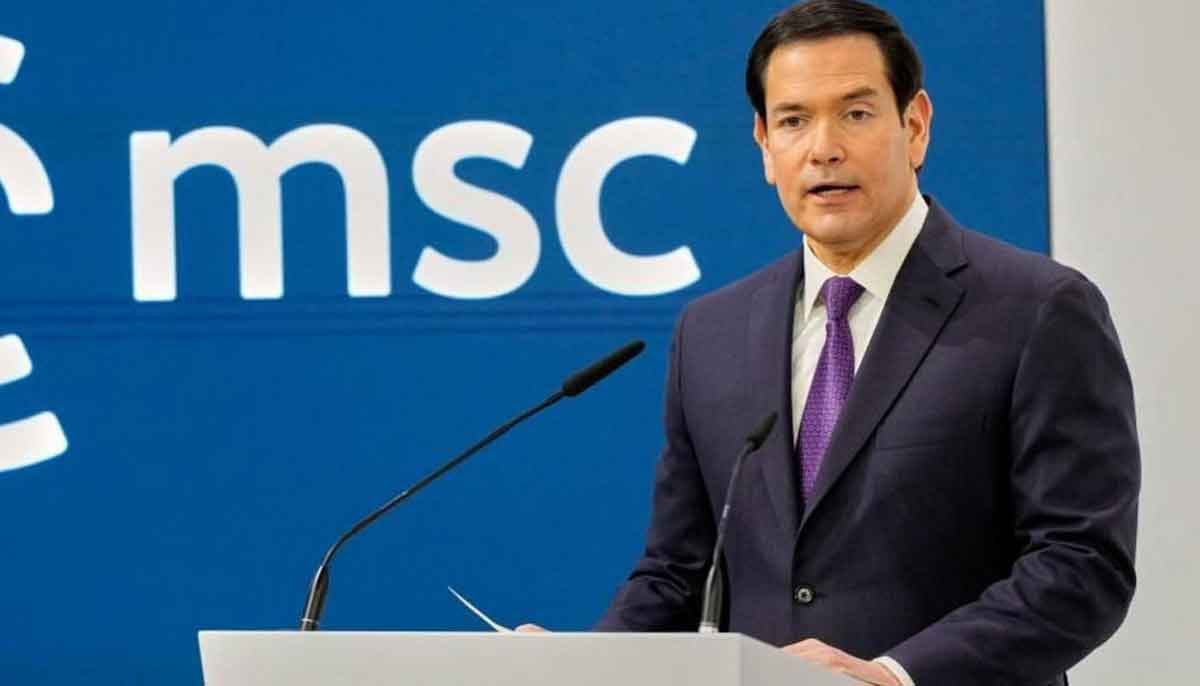How the world is reacting to Turkey's assault in Syria
US President Donald Trump has yet to comment directly on the operation but he warned Turkey earlier this week he would "obliterate" the country´s economy if it went too far
PARIS: World governments reacted with concern Wednesday after Turkey launched a military offensive on Kurdish forces in northern Syria, while the UN Security Council plans to hold an emergency meeting to discuss the assault.
Here are some of the initial comments following the start of the attack, called "Operation Peace Spring".
US President Donald Trump has yet to comment directly on the operation but he warned Turkey earlier this week he would "obliterate" the country´s economy if it went too far.
'Act with restraint'
NATO chief Jens Stoltenberg urged Turkey to show "restraint", while acknowledging that Ankara had "legitimate security concerns".
"It´s important to avoid actions that may further destabilise the region, escalate tensions, and cause more human suffering," Stoltenberg said at a news conference in Rome, in remarks released by his office.
"I count on Turkey to act with restraint and to ensure that any action it may take in northern Syria is proportionate and measured."
The UN Security Council´s president, South African ambassador Jerry Matthews Matjila, also appealed to Turkey to "protect civilians" and exercise "maximum restraint".
'Think carefully'
Ahead of the launch of the offensive, Russian President Vladimir Putin urged his Turkish counterpart President Recep Tayyip Erdogan to "think carefully" before taking any action.
"Putin called on his Turkish partners to think carefully about the situation so as not to harm overall efforts to resolve the Syrian crisis," the presidency said following a phone call between the two leaders.
Erdogan for his part told Putin that the offensive "will contribute to Syria´s peace and stability and ease the path to a political solution".
Syrian Kurds had earlier called on the Damascus ally to facilitate dialogue with the Syrian regime to ensure security on the Turkey-Syria border.
No funding for 'safe zone'
EU chief Jean-Claude Juncker demanded a halt to the operation, telling Ankara the bloc would not pay for any so-called "safe zone" that might be created.
He told the European Parliament he recognised Turkey had "security concerns" along the border. But he warned that the military action would not lead to a "good result", saying a political solution was the only way to end the Syrian conflict.
"I call on Turkey as well as the other actors to act with restraint and to stop operations already, as we are speaking, under way.
"I have to say if the Turkish plan involves the creation of a so-called safe zone, don´t expect the European Union to pay for any of it."
'Risk of resurgent IS'
Turkey "is willingly risking further destabilising the region and a resurgence of IS" (Islamic State militant group) by attacking northeastern Syria, German Foreign Minister Heiko Maas said.
"Syria needs stability and a political process... however, the Turkish offensive now threatens to cause a new humanitarian disaster," Maas said in a statement, adding that Berlin would "urge Turkey to end its offensive and to pursue its security interests peacefully".
'Kurds shamefully abandoned'
US Senator Lindsey Graham vowed that Congress would inflict a cost on Turkey for its offensive against Syria´s Kurds as the usually loyal ally of President Donald Trump sharply criticised US policy.
"Pray for our Kurdish allies who have been shamelessly abandoned by the Trump Administration. This move ensures the reemergence of ISIS. Will lead effort in Congress to make Erdogan pay a heavy price," the senior Republican tweeted.
Joint declaration
France´s European Affairs Minister Amelie de Montchalin said France, Germany and Britain were working on a joint declaration "which will be extremely clear on the fact that we very strongly condemn" the Turkish campaign.
French President Emmanuel Macron had earlier expressed concern at the prospect of a Turkish army operation in areas controlled by the Kurdish forces, who have led the fight against the Islamic State group in Syria.
He hosted a senior Syrian Kurdish official for talks on Tuesday "to show that France stands alongside the Syrian Democratic Forces (SDF) as they are partners in the fight against Daesh (IS) and that we are very worried by the possibility of a Turkish operation in Syria," a presidential aide told AFP.
Ambassador summoned
Dutch foreign minister Stef Blok said he had summoned Turkey´s ambassador to condemn the assault.
"I call on Turkey not to follow the path it has chosen," Blok, whose country is a member of the coalition against the Islamic State, said on Twitter.
"No one can benefit from the potentially terrible humanitarian consequences. The operation can trigger new refugee flows and harm the fight against IS and stability in the region."
-
Barack Obama addresses UFO mystery: Aliens are ‘real’ but debunks Area 51 conspiracy theories
-
Rosie O’Donnell secretly returned to US to test safety
-
'Harry Potter' star Rupert Grint shares where he stands politically
-
Drama outside Nancy Guthrie's home unfolds described as 'circus'
-
Marco Rubio sends message of unity to Europe
-
Hilarie Burton reveals Valentine's Day plans with Jeffrey Dean Morgan
-
Jacob Elordi, Margot Robbie on 'devastating' scene in 'Wuthering Heights'
-
China to implement zero tariffs on African imports in major trade shift
